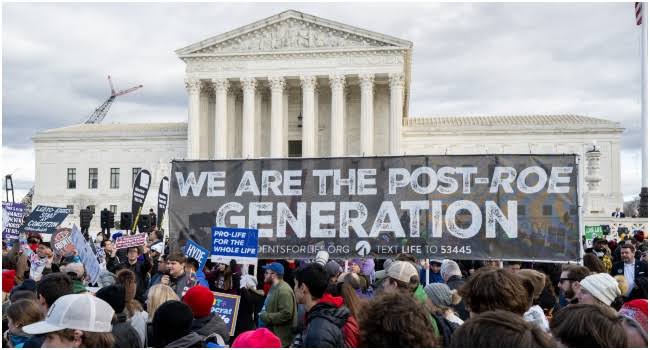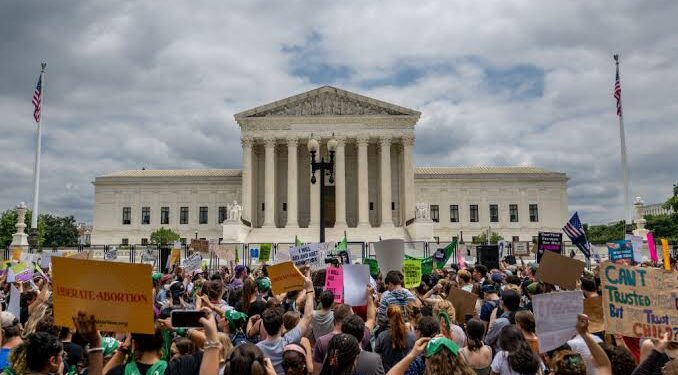The US Supreme Court has overturned a lower court’s decision that restricted the use of the abortion medication mifepristone. The court ruled that the anti-abortion groups and physicians challenging the medication did not have the legal standing to bring the case.
Background
The use of abortion pills has been a contentious issue in the US for years. During the last US election, it was a significant factor influencing the American preference for Joe Biden. The administration of Democratic President Joe Biden had urged the court to maintain access to mifepristone, which was approved by the Food and Drug Administration (FDA) in 2000. On the other hand, Donald Trump, leading the Republican Party, broadly supported restricting abortion access.

What They Are Saying
The mifepristone case marked the first significant abortion case heard by the conservative-majority Supreme Court since it overturned the constitutional right to abortion two years ago.
Justice Brett Kavanaugh, who wrote the unanimous 9-0 opinion, stated, “We recognize that many citizens, including the plaintiff doctors here, have sincere concerns about and objections to others using mifepristone and obtaining abortions. However citizens and doctors do not have standing to sue simply because others are allowed to engage in certain activities. The plaintiffs lack standing to challenge FDA’s actions.”
He emphasized that the federal courts were not the appropriate forum for addressing the plaintiffs’ concerns about the FDA’s actions. Instead, these objections could be presented through regulatory procedures or the political and electoral processes.
Legal Context
Abortion opponents have sought to restrict nationwide access to the pill, claiming it is unsafe and that anti-abortion doctors were forced to intervene in patients who suffered complications after using it. A conservative US district court judge in Texas, appointed during Trump’s presidency, issued a ruling last year that would have banned mifepristone.
An appeals court overturned the outright ban due to the statute of limitations on challenging the FDA’s approval but imposed restrictions. These included reducing the period during which mifepristone can be used from ten weeks of pregnancy to seven weeks, blocking its delivery by mail, and requiring it to be prescribed and administered by a doctor.
The Supreme Court ruling lifts these restrictions, reinstating broader access to the drug.
Why It Matters
The debate over abortion pills in the US continues to highlight the conflict between the rights of women over their bodies and pregnancies and concerns about the safety and ethical implications of abortion. The Supreme Court’s decision underscores the ongoing legal and political battles over reproductive rights and will significantly impact women’s access to abortion and the broader debate on reproductive freedoms in the US.
Bottom Line
The Supreme Court’s decision to lift the restrictions on mifepristone marks a critical moment in the ongoing battle over abortion rights in the US. By ruling that the plaintiffs lacked standing, the court has reaffirmed the FDA’s authority and preserved access to an essential option for terminating pregnancies. The decision reflects the broader societal divide on reproductive rights and sets the stage for continued legal and political conflicts.

















